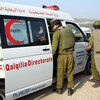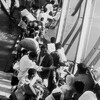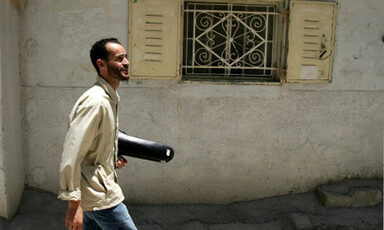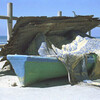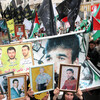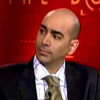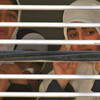
Israeli forces kill eight, including child, in weekend attacks
22 April 2007
In the past 24 hours, Israeli Occupation Forces have escalated attacks in the Occupied Palestinian Territory. They have killed eight Palestinians, including a child. Four of the victims were extra-judicially executed. According to investigations conducted by PCHR: At approximately 05:00 on Saturday, 21 April 2007, IOF moved into Kufor Dan village, west of Jenin. They besieged and opened fire at a house belonging to the family of Mahmoud Nasfat Naddaf, 20, in the west of the village. Read more about Israeli forces kill eight, including child, in weekend attacks
